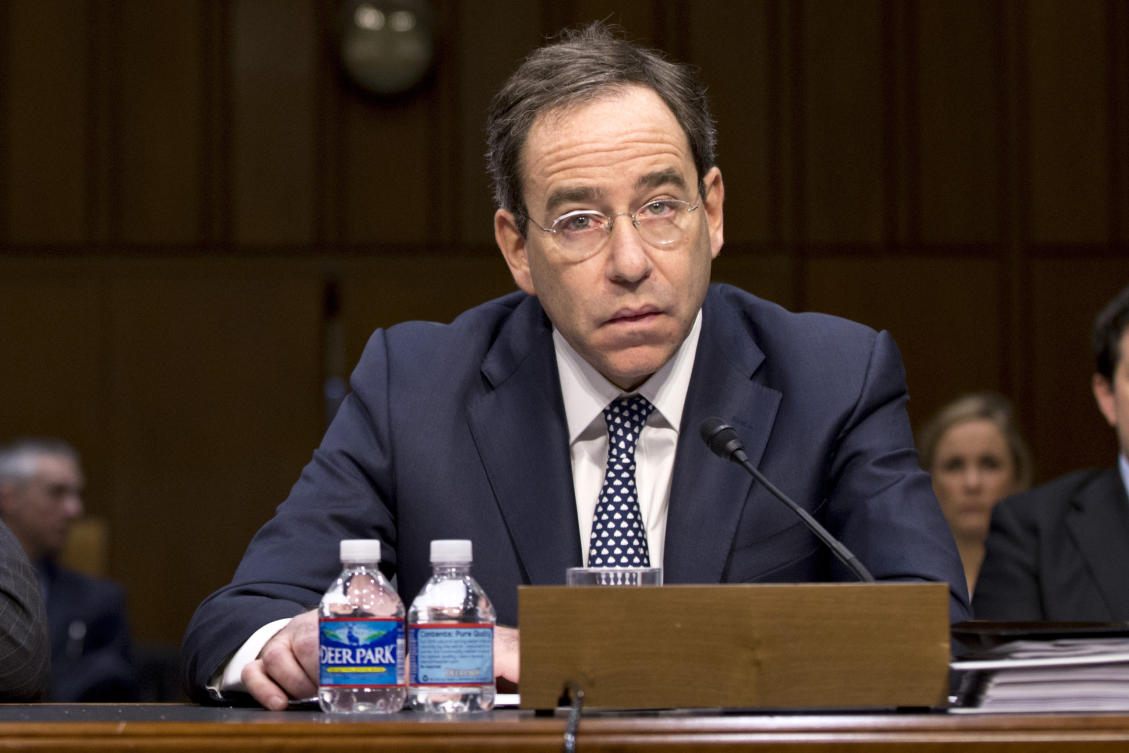Why Egypt’s Hamas policy changed after Israeli-Gaza conflict
GAZA CITY: During the recent Israeli conflict with Gaza, a shift in Egyptian policy was evident in President Abdel Fattah El-Sisi’s pledge of half a billion dollars to rebuild the besieged enclave.
The unprecedented visit of the head of the Egyptian General Intelligence Service, Abbas Kamel, to Gaza, as an official envoy of El-Sisi, came as a major indication of the change in Cairo’s policy toward Hamas.
The relationship deteriorated following the overthrow of former Egyptian President Muhammad Mursi, affiliated with the Muslim Brotherhood, in 2013.
Egypt played a key role in brokering a cease-fire between Israel and Hamas on May 21 following 11 days of cross-border fighting last month that left a trail of destruction with more than 250 dead and hundreds wounded.
Cairo opened the Rafah crossing to dozens of Egyptian vehicles that entered Gaza to remove the rubble of destroyed buildings and pave the way for the reconstruction process. In addition, Cairo is also supplying goods to Gaza in light of strict Israeli restrictions.
However, Mukhaimer Abu Saada, professor of political science at Al-Azhar University in Gaza, differentiates between the Egyptian policy toward Gaza and the official Egyptian relationship with Hamas.
He said Egypt’s role in Gaza is strategic due to the factors of history and geography. As for the country’s relationship with Hamas, it falls within the framework of “political tactics” to serve both sides.
Abu Saada believes the shift that appeared in the Egyptian policy toward Gaza rulers Hamas would not have taken place “without the green light from the US administration” following American President Joe Biden’s first phone call to El-Sisi.
“Egypt and Hamas are beneficiaries of this transformation,” Abu Saada told Arab News.
“Hamas, which has suffered greatly politically and financially after the years of estrangement that followed the overthrow of the late President Mursi, is keen to develop its relationship with the Egyptian regime.”
As for Egypt, Abu Saada said, it adheres to its position as a major regional player in the Palestinian arena, being the historical sponsor of Palestinian issues.
At the same time, the Palestinian Authority (PA) is not completely satisfied with the current Egyptian policy toward Gaza and the country’s openness to Hamas, he said, adding that this may be one of the main reasons behind the dialogue setback that was supposed to be launched in Cairo last Saturday.
“The PA, which has sought over the past four years to besiege Hamas politically and financially by imposing sanctions on Gaza, does not want Hamas to exploit the recent Israeli conflict in its favor through the Egyptian gate,” Abu Saada said.
Following Mursi’s ouster, the Hamas-Egypt ties deteriorated to the point that it was suggested in the Egyptian media that Hamas has supported the Salafists in Sinai and helped them carry out attacks in Cairo.
Ibrahim Al-Madhoun, a political analyst close to Hamas, believes that Egypt has a great opportunity to regain its regional weight. He also thinks Hamas is ready to identify with the Egyptian side if its demands are met, especially the lifting of the siege on Gaza and the cessation of Israeli attacks on Jerusalem.
Al-Madhoun does not see Egypt making a U-turn on Hamas, but he says it has raised the degree of its interest, concentration, and ability to move in vital files.
Hani Al-Basous, professor of political science and international relations, said the current Egyptian tactic with Hamas is based on recognizing it as a fait accompli. He said the Palestinian force has great weight, gained popular Arab momentum after the latest conflict, and it should be dealt with with new mechanisms and not with a new political orientation.

Israel-Gaza violence erupts for first time since end of last month’s fightingEgyptian actress Amina Khalil announced as United Nations Population Fund honorary ambassador



